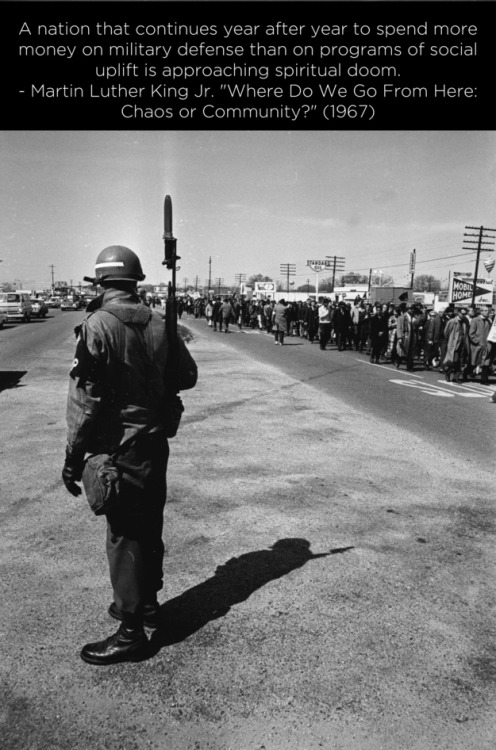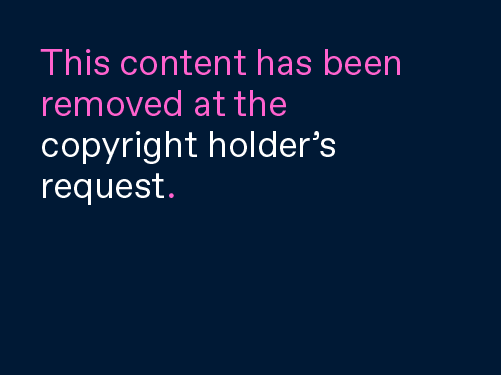Continuing my seven (possibly terrifying) weeks of M.Christian, here's my newest installment...
...my reasoning behind this is that I haven't really talked a lot about myself for a while so I thought it would be a fun little experiment to post - once a week, for seven weeks - a series of essays about little ol' me: where I came from, my professional journey, being an editor, being a publisher ... and even my hopes and dreams for the future.
Hope you like!
In our last installment we chatted ... well, okay I ranted a bit about what it's like to be an editor, especially as I wear a writer's hat as well.
But, recently, I added another sombrero to my hat rack when I was hired by the (prepare for heaping of praise in ... 1 ... 2... 3...) amazing, fantastic, wonderful, Renaissance E Books as an Associate Publisher. This makes me a very rare critter in the writing world: having my hand in not just writing novels and short stories, but also selecting stories for anthologies, and now books for publication. I often kid that one of these days I'm going to get so confused about who and what I am that I'm going to accidentally reject myself.
Being a publisher, though, has been a tremendously enlightening experience. When you’re an editor – for a site, magazine, or anthology – you’re really just there to pick what you think are good stories and then assemble the whole shebang. But being a publisher is a whole (prepare for cliché in ... 1 ... 2... 3...) kettle of fish.
Now I've dealt with a LOT of publishers in the years since I sold my first work – I lost count at somewhere around two dozen – so I've seen them at their best and, alas, at their worst, so when the amazing, fantastic, wonderful, Renaissance E Books hired me I knew more than a bit about the kind of publisher I wanted to be.
I thought (foolish me) that I knew all about how the business side of writing worked. I even knew that the real power behind the throne of publishing are the distributors: it is they who decide what can and cannot be published, as they are the ones who bookstores (in the past) and ebook resellers (now) go to for content. If they don't carry your book, in short, your book will never see the light of day. It used to be companies like Ingram but now it's ibooks and amazon.
But what working with Renaissance has taught me is there is a whole other side to the business of getting books out into the world – a side, I am rather ashamed to say, I wish I had known about when I was just trying to sell my own books. Now, I was never a cranky writer – in fact I developed a kind of a reputation for being very easy-going – as I trusted my publishers to know what they were doing when it came to dealing with my work, but there were a few times where, in retrospect, I just should have let them do what they thought was best.
This is particularly important now, what with the surge of self-published books. Okay, I might be a tad prejudiced, as I now work for a publisher, but there are a ton of things that a writer has no clue about when it comes to publishing and, most of all, selling books. Authors far too often see the decisions a publisher makes as capricious or even insulting – though that is not to say that there are quite a few publishers out there where that really is the case – but what is actually happening is that the publisher simply has special insight into what can make a book really fly.
Titles, for instance: if you're writing an erotic romance, for example, and give it a title that does not say that the book is an erotic romance it is all but guaranteed to flop. Knowing this – by looking at the sales figures – has put me in the very odd position of having to tell other writers that we need to change their title. It's not a very comfortable thing to have to say, but most authors come around when I tell them the logic behind it.
The same is true of covers. An author might have a very clear idea of what they want their cover to be but unless it the artwork immediately reaches out to the reader and screams erotic romance then the book will have a much lower chance of selling well. So, again, I am in the odd position of having to often tell a writer that they may not love their cover but that we have chosen one that says what their book is actually about, that speaks – loudly – to people interested in that kind of book.
Publishers – no duh – are a business, and as such many of their (our) decisions are based on trying to get work out there as efficiently, affordably, and comprehensively as possible. Efficiently in that we often have to really streamline the publishing process – and this is even more important with the new word of ebooks: so we look for writers that are easy to deal with, that trust our decisions, that are dependable, and who trust our decisions are really in their best interests. Affordably in that we would love to have covers that are 100% accurate but to do that is far too often too expensive – which gets back to a book saying, as quickly and as loudly, about what it is. Yes, the characters on the cover may not be exactly how the author pictured them but to do that would mean having a cover created that would be time-consuming as well as expensive ... and, again, the goal is to grab the reader as quickly as possible. Comprehensively in that the new game are ebooks ... now I won't get into the whole shebang about why they are better for authors, publishers, and readers ... but I will say that the publishers that are winning the ebook battle are not the ones with the most titles, the best writers, the best covers, the largest Facebook presence, that tweet like mad but, instead, have worked very hard to get their ebooks everywhere: if your book is just on amazon, for example, then your reach will be very limited. I'm pleased and proud to say that Renaissance prides itself in trying to get its titles in as many markets as possible – which is good news for the company as well as the writers.
Another big shock – and one that a lot of people really don't want to hear – is that very often publicity (including social media) has very little to do with a book's success. I've seen the numbers, people, and some of the best-selling titles our there are by authors who have a very minimal internet presence – they simply have written books that happen to – by luck or design -- perfectly reach their audience.
BUT that does not mean that publicity, social media, and all the rest isn’t important. To put it simply: all the reviews, publicity, social media that-and-that will not sell a bad book (50 Shades of Grey is a rare exception) – but not having a good Internet 'face' can seriously limit a writer's reach and, ultimately, sales. To put it even simpler: PR is not really about selling a single book but much more about keeping your name, and work, in people's minds. That's why we at Renaissance work very hard on publicity and marketing, and really encourage our authors to do the same, but we also know that overnight successes are few and far between so it's important to keep in mind that professional writing can be a really long term endeavor.
This is especially true with ebooks. One of my jobs – as I see it – is to be the publisher I would want to work with as a writer, and as such I routinely tell a writer not to focus on Facebook or Twitter or whatever-else, not hover over their amazon ranking, sales, etc., but, instead, to keep writing. The reason this is something I like to say, and hear, is that if a writer keeps writing then all if takes is one of their books to take off and then – here's the glory of ebooks – all of their books will also become best-sellers.
This is also why, as a publisher, I am more than willing to tell an author what’s the
50 Shades of the moment – but I also vehemently dissuade them from trying to copy that blip of 'success.' It is much better – professionally as well as artistically – to write what they want to write. If they keep at it, get better and better with each book, stretch their range, and – most of all- -- have fun then success will more-than-likely come. If they try to chase the best-seller all they'll end up doing is creating shallow copycats and not the next next next big thing.
In the end, being on the other side of the publishing fence has been not just been educational but has also been a very positive thing for me, artistically: the lesson being looking behind the curtain at the machinery doesn't ruin the art of writing but, instead, can reveal the naked reality behind literary 'success.' Knowing how twisted, odd, strange – if not totally weird – this industry can be sometimes has made me a lot less sensitive to how my own work is progressing ... and I remind myself to take my own advice and not pay attention to the best seller's list and instead have fun, play, experiment and, most of all, keep writing.












